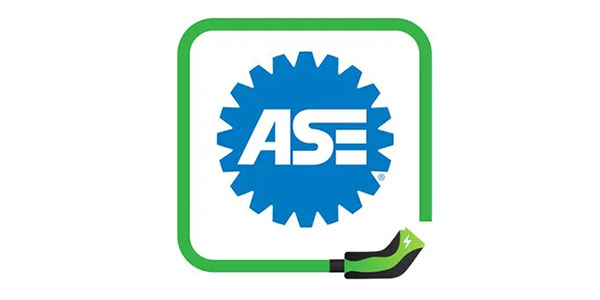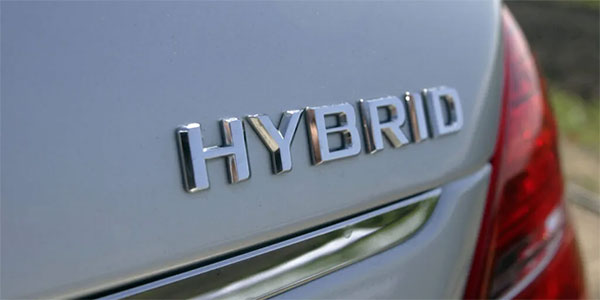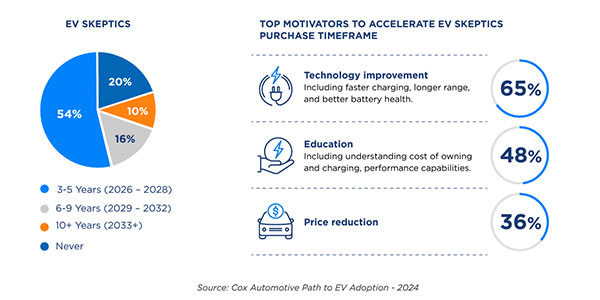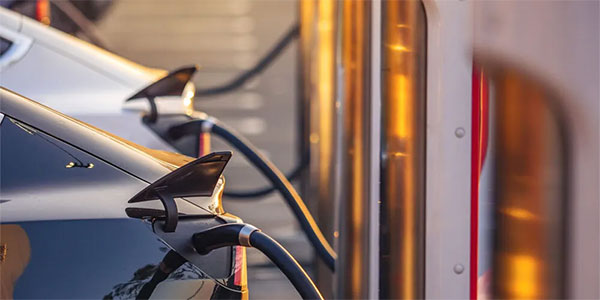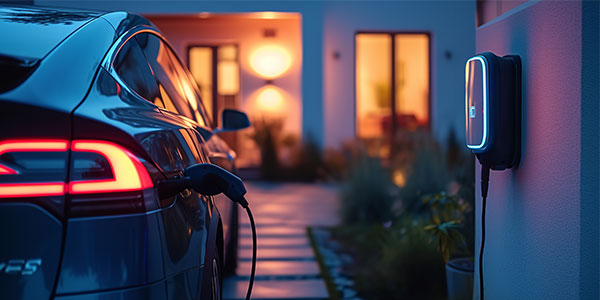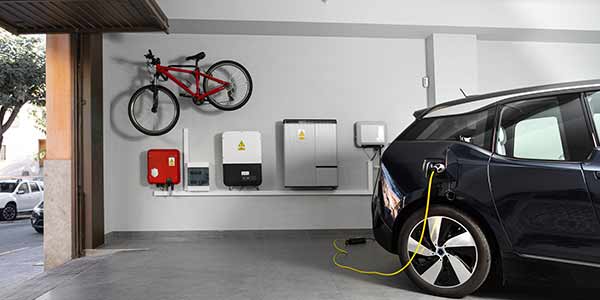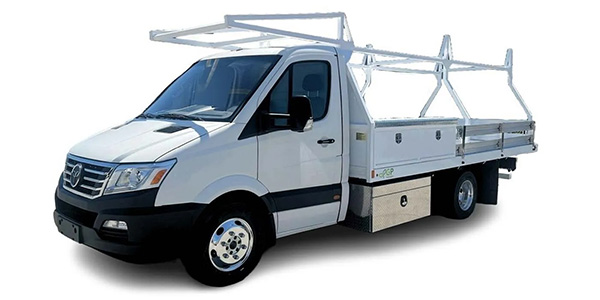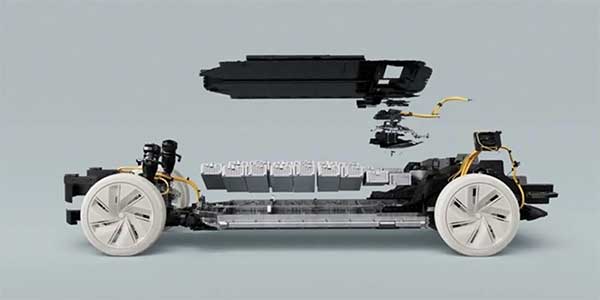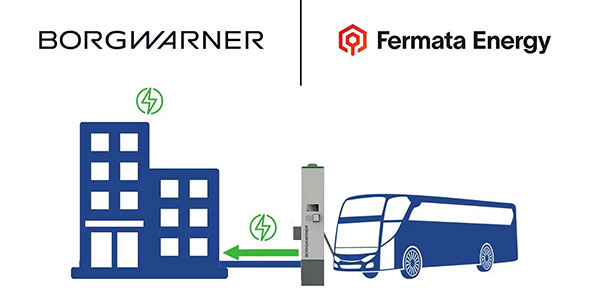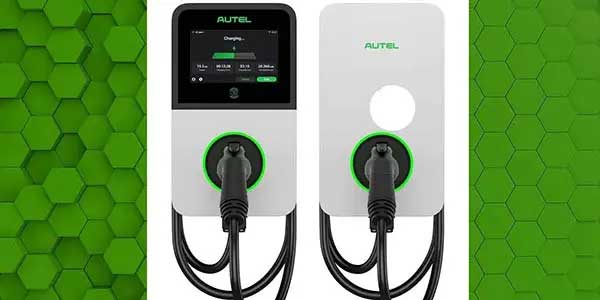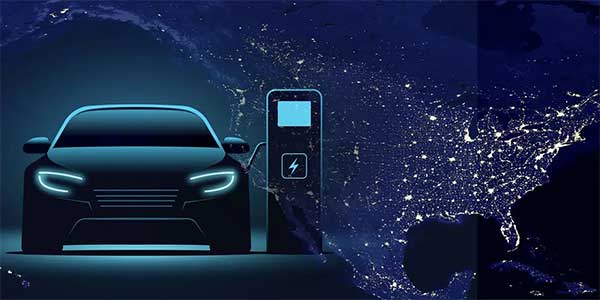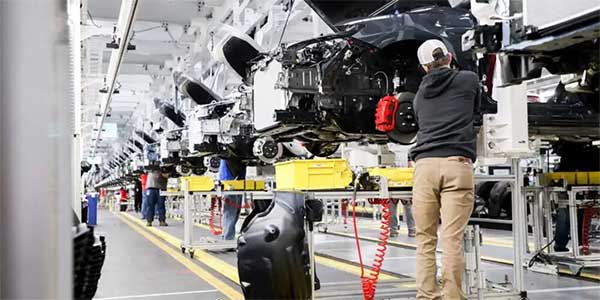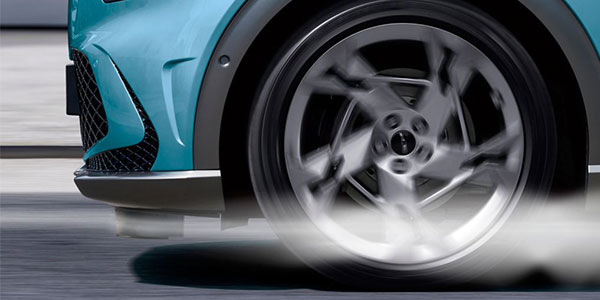LEESBURG, Va. — The National Institute for Automotive Service (ASE) has announced the creation of Electric Vehicle Technician/Shop Personnel Electrical Safety Standards.
The purpose of the standards is to provide guidance, document and establish electrical safety requirements, standards, procedures and safe work practices relating to the development of an electrically safe working area for service professionals in North America working on or around electrified vehicles (EVs). The intent of these standards is to minimize exposure to these hazards and their associated impacts. These standards were developed in conjunction with vehicle manufacturers, aftermarket personnel and other electric industry subject matter experts. To view the standards, visit ase.com/ev.
“Technicians and service personnel must be properly trained to perform EV service and repairs,” said Tim Zilke, president of ASE. “With the increasing popularity of electric vehicles, ASE has taken a proactive approach to support shops as they encounter more hybrid and EV repair opportunities. The new ASE EV testing and certification program was developed in conjunction with industry experts to help ensure that service professionals are well prepared to safely and effectively service these technologically advanced vehicles.”
In addition to the EV standards, ASE has developed a new testing and certification program for all EV vehicles including light duty and medium/heavy duty hybrid/EVs based on the standards. This industry-developed program provides two options to certify shop owners and their employees based on their involvement with EVs. The certification tests are in pilot testing now and plans are to launch them shortly.
The two tests that will be available are:
EV Electrical Safety Awareness Certification (Level One)
This certification is designed for anyone who may encounter an EV in the workplace. This includes identifying individuals who perform tasks in proximity of electric-powered vehicles in sales, service, repair and/or related environments. Level One individuals require high-voltage electrical safety awareness to identify the hazards and reduce the associated risks when working on or near electric vehicles (xEVs) and/or near high-voltage components of electric powered vehicles.
Skills performed by Level One individuals may include: operating (driving) an electric powered vehicle; performing maintenance and repairs not related to high-voltage systems or their components; handling non-high-voltage components of electric powered vehicles; and encountering electric powered vehicles and/or high-voltage components of electric powered vehicles while performing job-related tasks.
EV Technician Electrical Safety Certification (Level Two)
This certification is for service professionals, technicians or specialists who have received high-voltage electrical training; have demonstrated skills and knowledge related to the construction, operation and repair of electrically powered high-voltage vehicles; maintain an electrically safe working area and use required personal protective equipment (PPE). They have also received safety training to identify the hazards and reduce the associated risk.
Skills performed by Level Two repair professionals may include: evaluating and classifying the condition of the high-voltage battery and high-voltage electrical system; isolating the voltage from the high-voltage systems and checking the isolation from the supply; securing the high-voltage system against being activated; re-starting the high voltage system; performing general work on de-energized high-voltage systems and components; and assessing the risk of high-voltage vehicles that were involved in an accident.
To learn more about the new ASE light duty hybrid/electric certification program, visit ase.com/ev.

